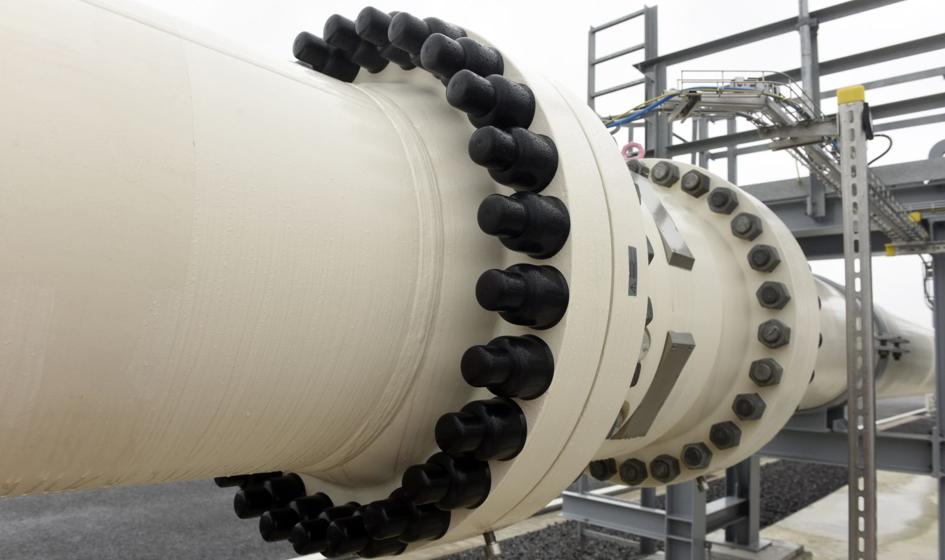Sensitize public administrations and private employers to make full use of all the agile work schemes already present within the respective contractual and regulatory regulations. This is the objective of the circular on smart working signed by the ministers for the Public Administration, Renato Brunetta, and Labor, Andrea Orlando, in force since last January 5th.
In light of the worsening of the infections that occurred close to the holiday period, and still in the ascending phase, which has re-proposed the need to resort to agile work , the circular takes stock of the regulatory framework that governs agile work in both the public and private sectors and aims to “sensitize public administrations and private employers to make full use of all the tools of flexibility that the related sectoral disciplines already allow “.
” A great test of shared responsibility, an extraordinary decision to organize the smart working in an intelligent and flexible way, within the framework of the rules in force and on the basis of actual needs, combining full ratification of public services and economic activities with maximum safety for workers and users. The private sector – explained Brunetta – will use maximum flexibility to guarantee safety and services and to lower the contagion curve and the same will do public work. The circular signed by me and the minister Orlando is immediately in force to put together the maximum efficiency of services to families and businesses with the maximum safety, and with the contribution to monitor the evolution of the pandemic curve “.
Smart working, legislation
The decree of the President of the Council of Ministers of 23 September 2021 establishes that, starting from 15 October 2021, the ordinary way of carrying out work in public administrations is that carried out in the presence, without prejudice to the obligation, for each of them, to ensure compliance with the health measures to contain the risk of contagion from Covid19.
The return “in presence” of public administration personnel was immediately governed by the decree of Minister for the Public Administration on 8 October 2021, which has identified to the conditionalities and the necessary requirements (organizational and individual) to use agile work in a framework of efficiency and protection of citizens’ rights to an adequate quality of services, and by the guidelines adopted after discussion with the trade unions and on which the agreement of the Unified Conference was acquired on 16 December last. Characteristics, methods, limits and protections of agile work in the public have been identified, as agreed with the trade unions in the Pact for the innovation of public work and social cohesion signed at Palazzo Chigi on 10 March 2021, from Collective agreement signed between Aran and social partners on 21 December 2021.
For agile work in the private sector the legislation was consolidated with article 90 of the law decree of 19 May 2020, n. 34, converted with modification by law 17 July 2020 n. 77, which made it possible to resort to agile work with simplified methods, without the individual agreement between the company and the individual employee and with electronic and massive notification to the Ministry of Labor and Social Policies. This discipline, after the decree-law of 22 April 2021, n. 52, converted by law June 17, 2021, n. 97, had moved the terms first from 30 April 2021 to 31 July 2021 and then to December 2021, was extended to 31 March 2022 by the decree-law of 24 December 2021 n. 221. Therefore, until March 31, 2022, the modalities of communication of agile work remain those provided for by article 90, paragraphs 3 and 4, of the decree-law of May 19, 2020, n. 34, converted with modification by law 17 July 2020, n. 77.
Agile work in the public administration
One of the main characteristics of the discipline in force today for agile work in the public administration – as the circular explains – is flexibility .
“Flexibility and intelligence – reads the text – are the main pillars on which each administration is free to organize its business, keeping the services rendered to users unchanged “. In detail each administration can program agile work with a weekly, monthly or multi-monthly staff rotation with ample flexibility, also modulating it, as necessary at this particular moment, on the basis of trend of infections, taking into account that the prevalence of face-to-face work indicated in the guidelines can also be achieved in the average of multi-month programming.
In summary, each administration can balance the relationship between presence and light work according to the organizational methods most congenial to their situation, taking into account the epidemiological trend in the short and medium term, and the contingencies that may affect their employees (as in the case of short quarantines from contacts with coronavirus positive subjects).
The administrations – as required by article 2, of the Ministerial Decree of 8 October 2021 – have the possibility to make use of of “ mobility mana company managers “ for the preparation of home-work travel plans (PSCL) within its competence, taking into account the provisions relating to the expansion of the entry and exit ranges from the workplaces already permitted and by collective bargaining that from the aforementioned decree of 8 October 2021. The company mobility managers must operate in conjunction with the local authorities through the relative area mobility managers referred to in the aforementioned inter-ministerial decree, for a ‘action of constant connection, both for the purposes dictated by art. 6 of the inter-ministerial decree of 12 May 2021, both for the overall and coordinated verification of the implementation of the PSCL, as well as for the identification and promotion of actions for the overall improvement of the mobility offer in the reference area in light of the new entry brackets and leaving the workplace.
Smart working in private work
On the basis of current legislation, the agile way of working in the private sector can be applied to any subordinate employment relationship even in the absence of individual agreements and the disclosure obligations regarding safety in the workplace referred to in article 22 of law no. 81 of 2017 can be discharged electronically, also using the documentation made available on the website of the National Institute for Accident Insurance at Work.
Private employers are required to communicate to the Ministry of Labor and Social Policies and, electronically, the names of the workers as well as the start and termination date of work in an agile mode, using the simplified p procedure with the forms and computer application made available on the website of the Ministry of Labor and Social Policies. Even for private work, the plans prepared by the mobily managers, where present, – the circular emphasizes – will be able to provide a useful aid to achieve a more rational planning of the organization of work.
Given the protracted state of emergency, the circular recommends “the maximum use of agile working methods for activities that can be carried out at home or remotely, without prejudice to the need for the employer to guarantee adequate support conditions for the worker and his activity (assistance in the use of equipment, modulation of working times and breaks) “.
Note: This article have been indexed to our site. We do not claim legitimacy, ownership or copyright of any of the content above. To see the article at original source Click Here













